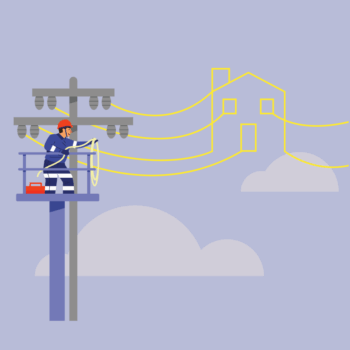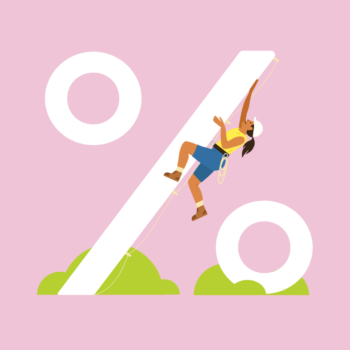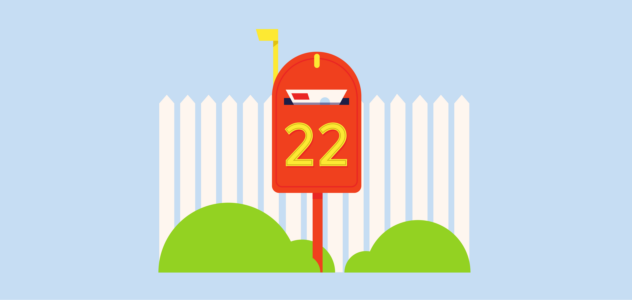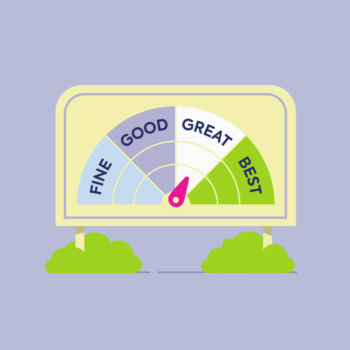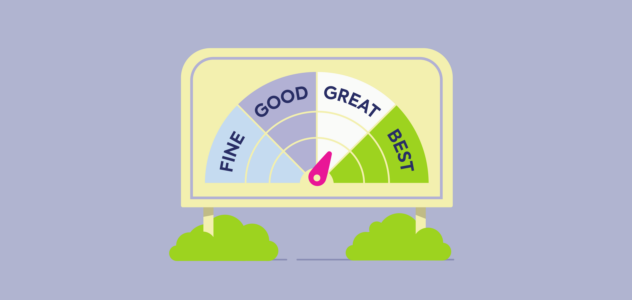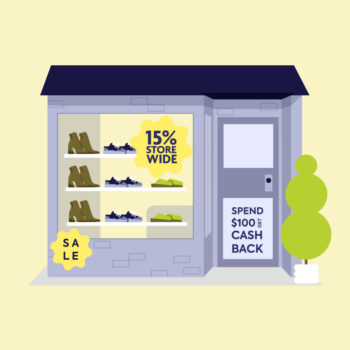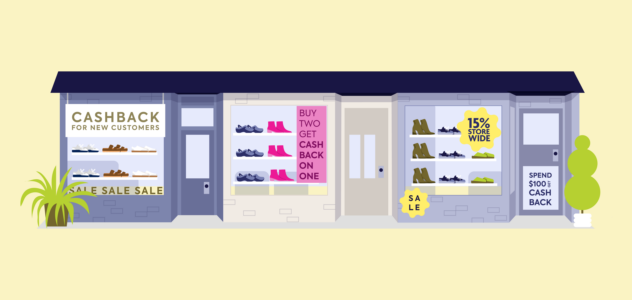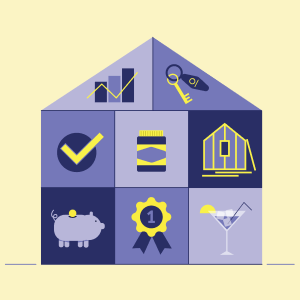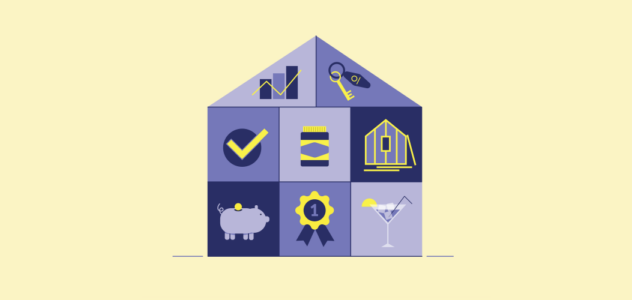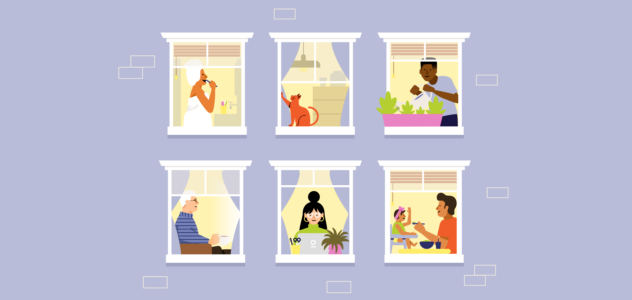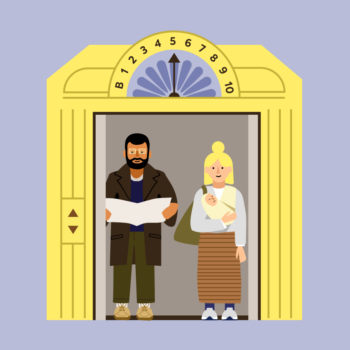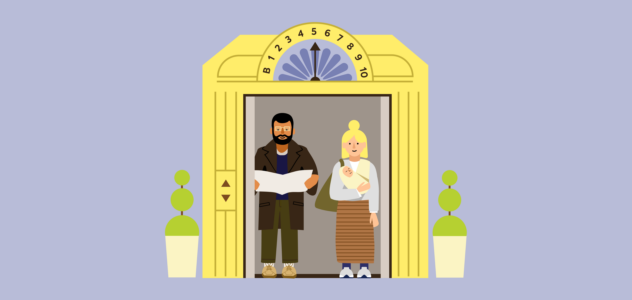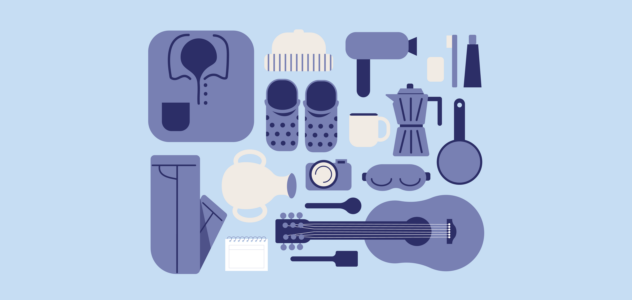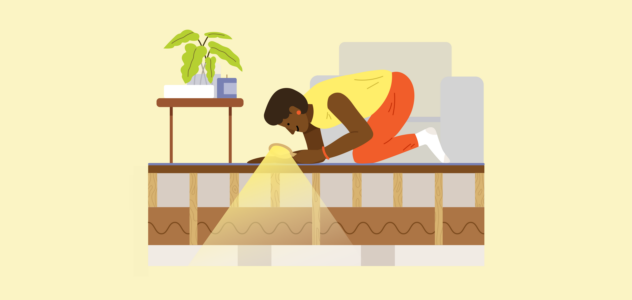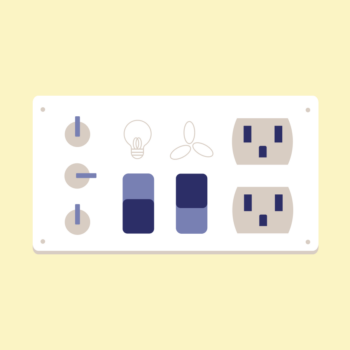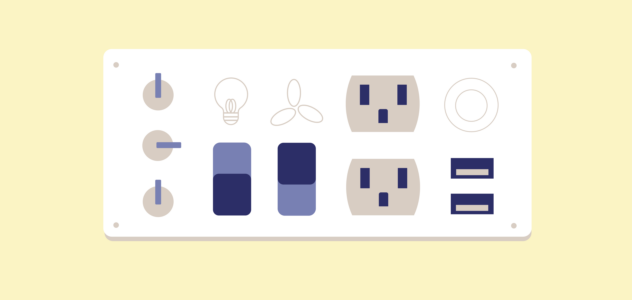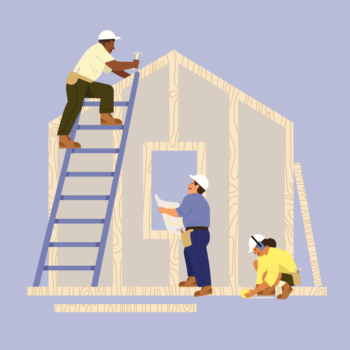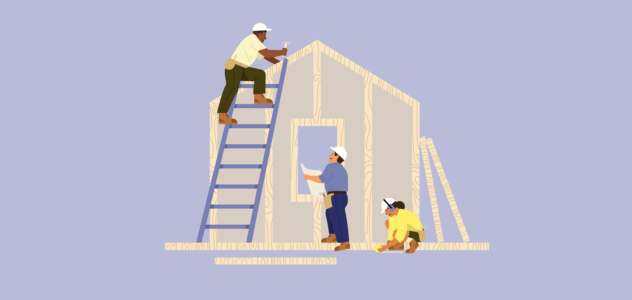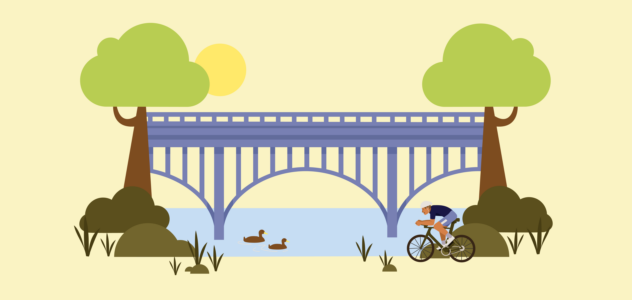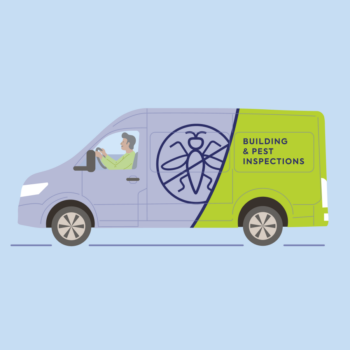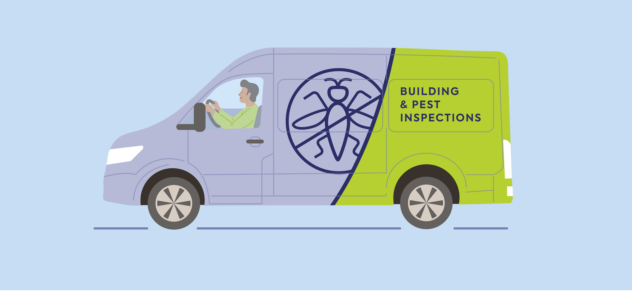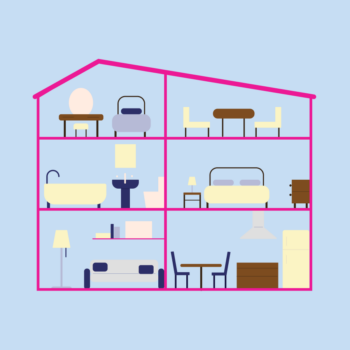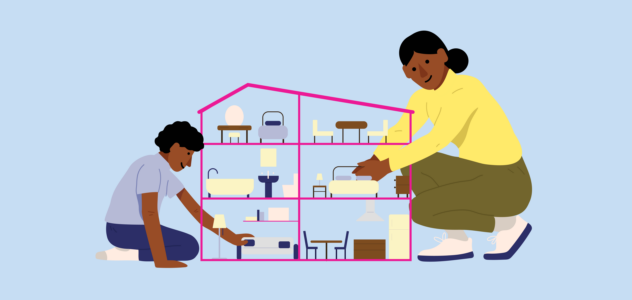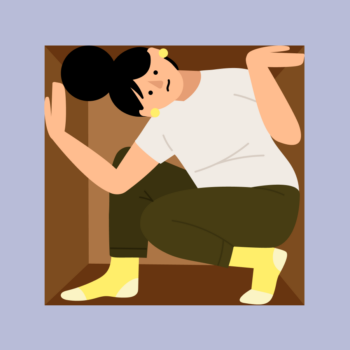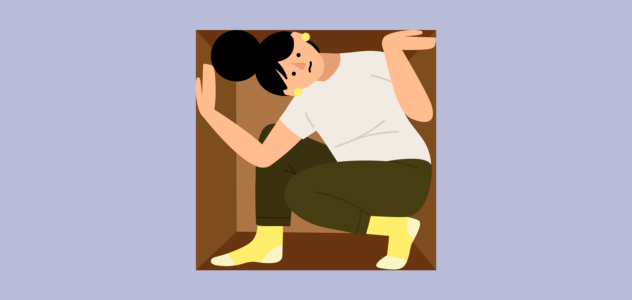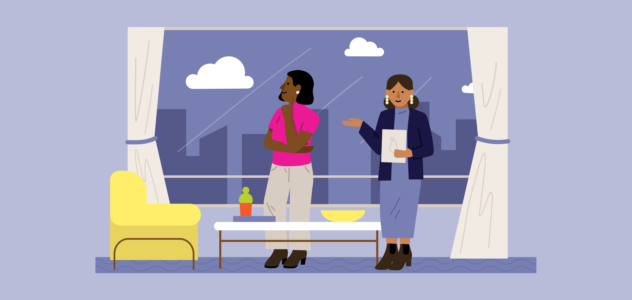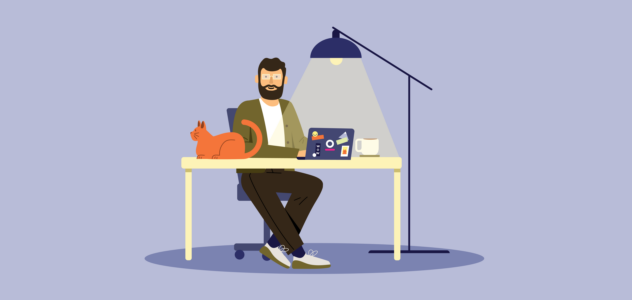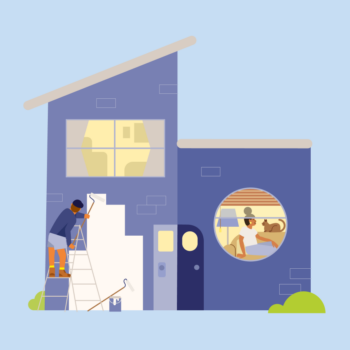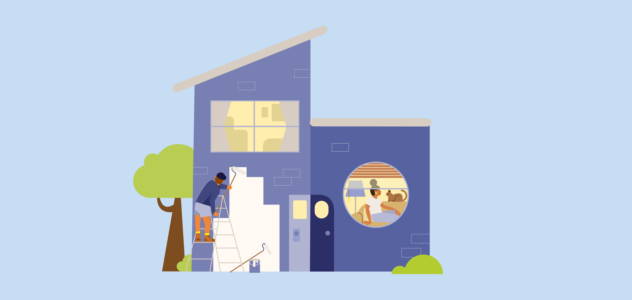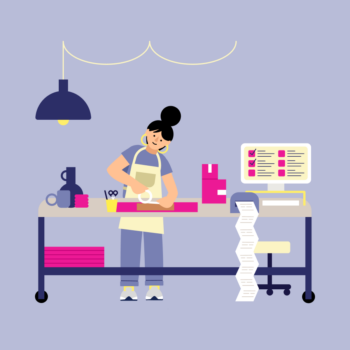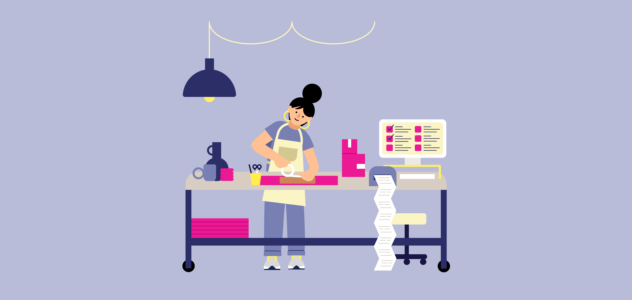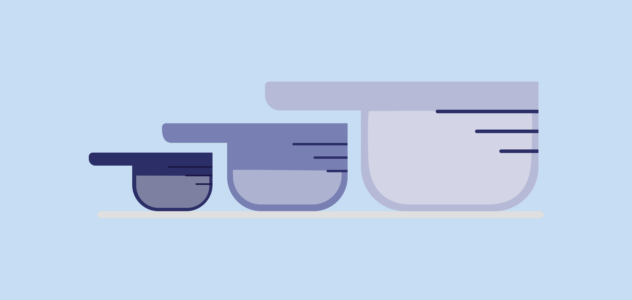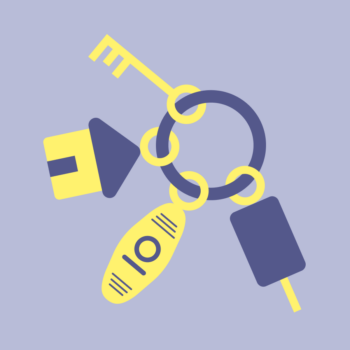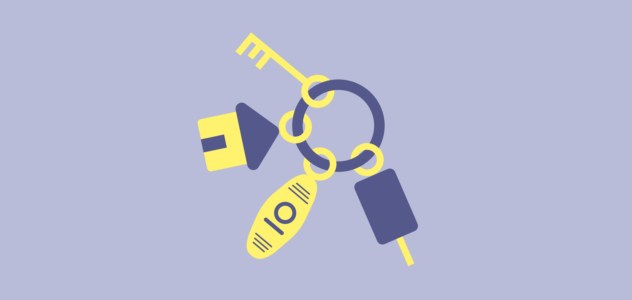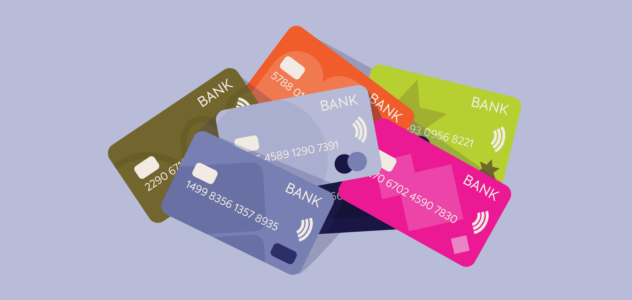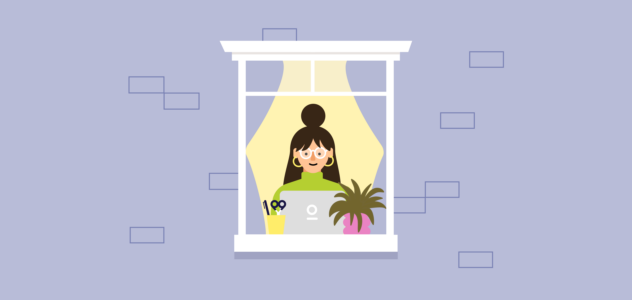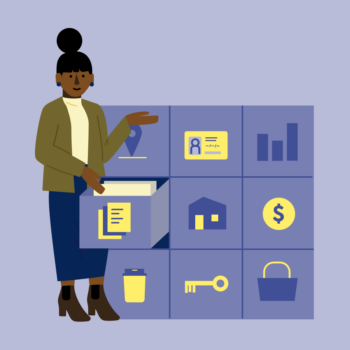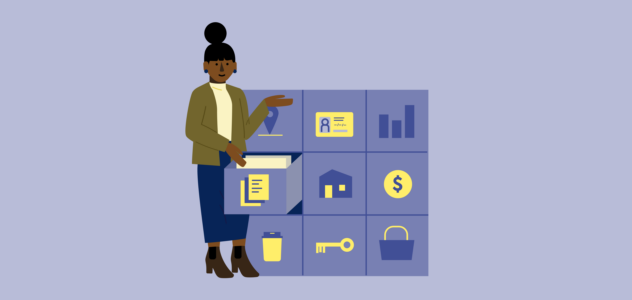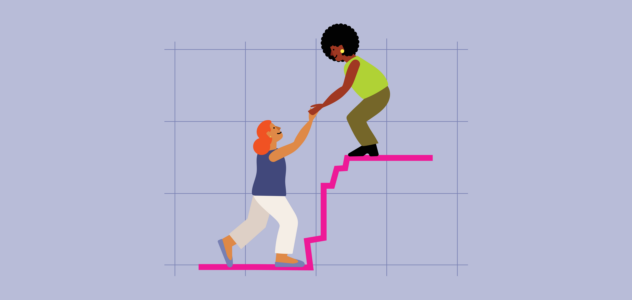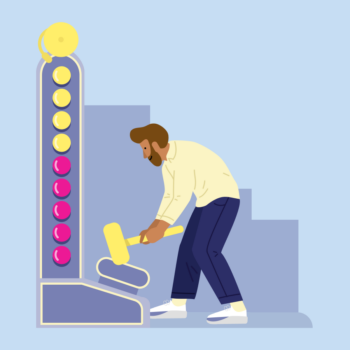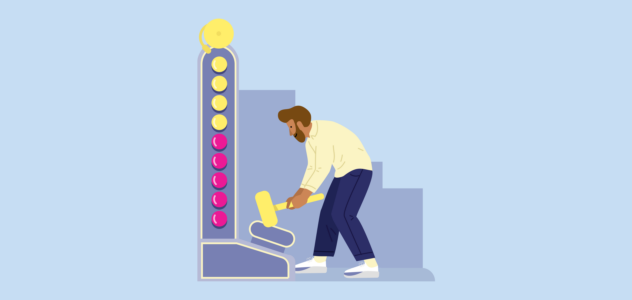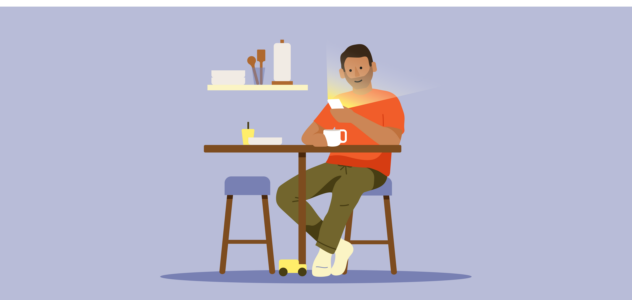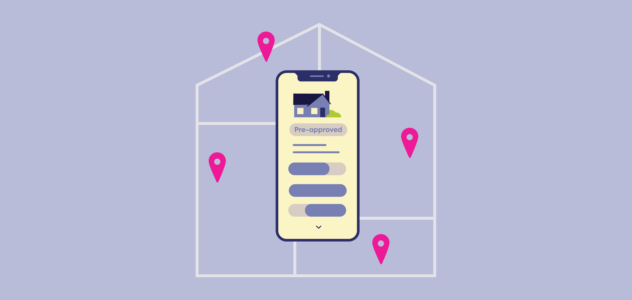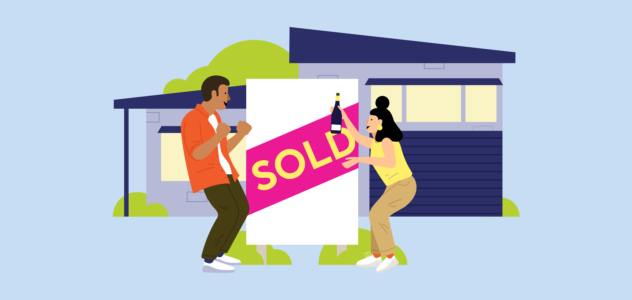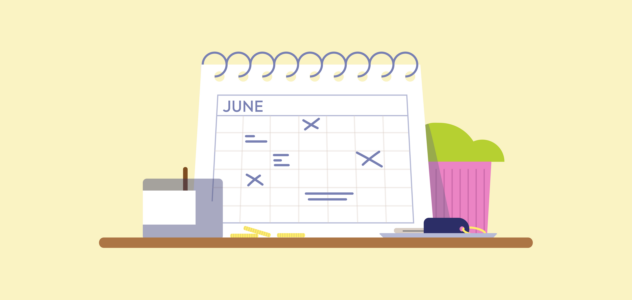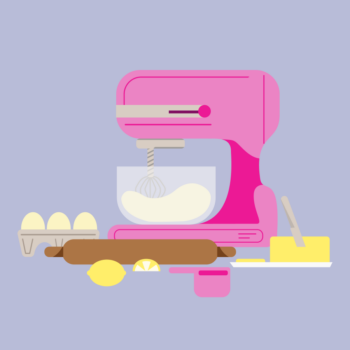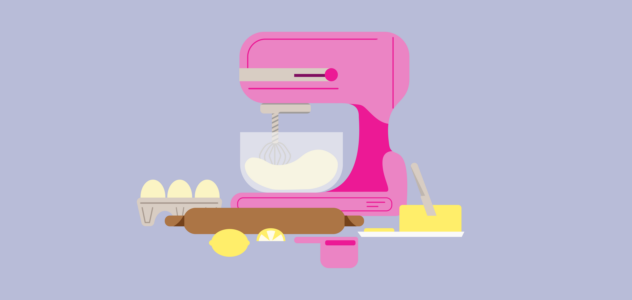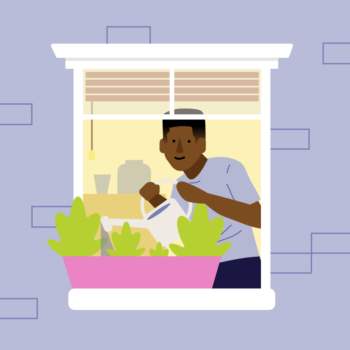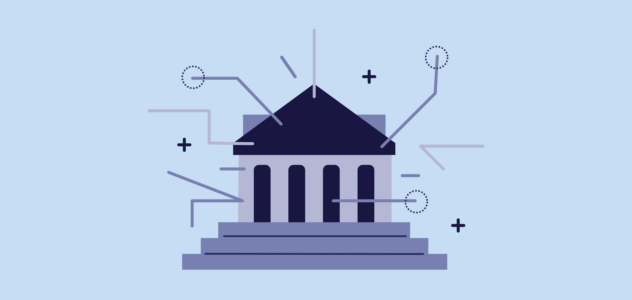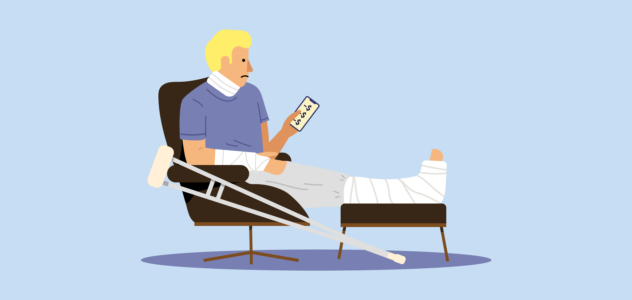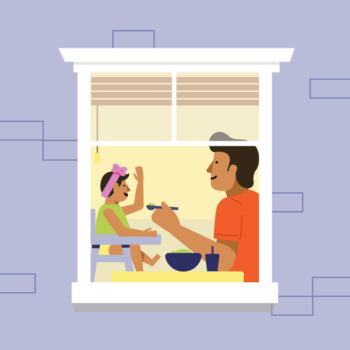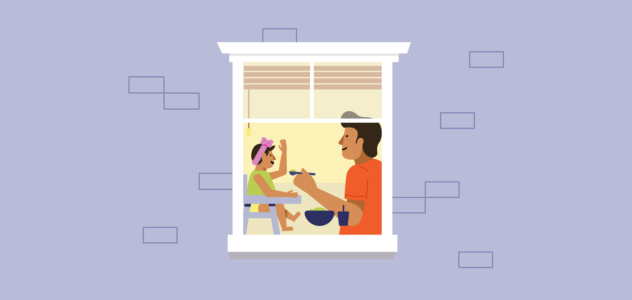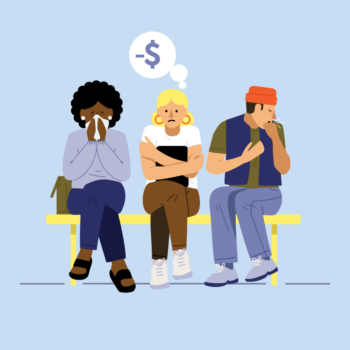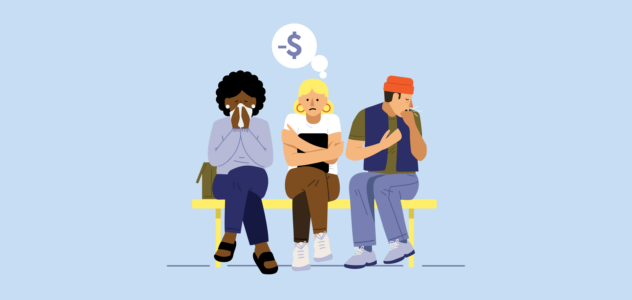Interest rates are on the move. Cue: the chorus of questions from Aussie homeowners…
“Should I fix my home loan?”
“Is it a good time to lock in my interest rate?”
“Or am I better off riding the variable rate wave?”
It’s perfectly normal to have a few questions (encouraged, even). Because choosing between a fixed and variable mortgage is a weighty decision — one that’ll potentially impact you in years to come.
While we can’t tell you what path to go down, because every situation is unique and nobody can predict the future (urgh)… We can tell you the facts, as well as the pros and cons of each option so you feel confident in the direction you choose (booyah).
So, is it a good idea to fix your home loan? Or should you opt for a variable or split rate?
Let’s compare.
Is it a good idea to fix my home loan?
Well, it depends. Fixing your rate isn’t necessarily “good” or “bad” as it all depends on your goals and situation. If certainty is what you’re after, then fixing your rate may give you extra peace of mind.
Let’s walk through each rate type and the scenarios where it might be a good fit…
What is a fixed rate?
A fixed rate is when you “lock in” an interest rate for a set period of time (usually between 1 – 5 years). This means your rate won’t be influenced by what’s happening in the market. If rates go up, you might end up paying less than someone on a variable rate (woo!) but if rates go down, you might end up paying more (boo!).
Annnnd there’s a clincher. There’s often limited flexibility with a fixed rate, particularly when it comes to making extra repayments or using an offset account. And being “fixed” means if you want to break up with your rate, you might have to fork out a few extra fees.
So, let’s recap…
The good
- A great part about a fixed rate is certainty. There will be no surprises for as long as you’ve locked your rate in.
- If rates do go up, you could be in front. Great call by you!
The not-so-good
- If rates go down, you won’t see the savings like everyone on variable rates.
- If you want to leave your fixed rate before the term is up, you may have to pay “break fees” (which are calculated based on your situation and can be pretty hefty).
- You often have limited flexibility — you may not be able to use an offset account, redraw from your loan or make extra payments to pay down your loan faster.
- You’ll likely have less negotiating power with your lender.
“I’m risk averse and enjoy certainty — should I fix my home loan now?”
We can’t answer without knowing your situation. But a fixed rate can be a good option for those who crave a bit of certainty.
Whether you’re nervous about unknown financials, prefer to save consistently or want to plan for the future — knowing *exactly* how much is coming in and out each month can make you feel more confident.
What is a variable rate?
Unlike a fixed rate, a variable rate is when your home loan rate can change over time.
There’s a little less certainty with this loan type. But if rates go down, you may end up paying less than if you locked it in (but it also goes the other way, if rates go up, you may end up paying more).
So, why do rates even change?
Interest rates are determined by a few factors — a major one being a thing called the “cash rate” set by the Reserve Bank of Australia (RBA) — AKA a benchmark interest rate used for loans between banks.
While this rate is set by the RBA, the interest rate on your home loan isn’t. It’s set by your lender. In saying that, a change in the RBA cash rate often trickles down, having flow-on effects for homeowners.
Other factors that influence interest rates are things like supply, demand, inflation and even the government.
Moral of the story: a variable rate is likely to change throughout the life of your loan due to a range of factors out of our control.
The good
- If interest rates go down, you won’t get stuck on a higher rate. You’ll roll (and save) with the changing times.
- Variable rates often have greater flexibility. You’ll usually have more capacity to make extra repayments, redraw from your home loan and benefit from an offset account.
- You’ll most likely have more negotiating power when it comes to scoring better deals with your lender. Woo!
The not-so-good
- The main downfall is uncertainty — nobody can predict the future.
- With this uncertainty, it may make it harder to plan ahead financially.
- If interest rates go up, you may end up paying more than if you locked it in.
When could a variable rate be a good idea?
We’ve said it before and we’ll say it again: we can’t answer without knowing your situation.
But a variable rate can be a good option if you have some wiggle room in your mortgage repayments and enjoy flexibility. It’s also a solid choice if you plan to make extra repayments, redraw or use an offset account.
It’s also worth mentioning, variable rates have historically tended to be lower than fixed rates.
But there’s another option — a split rate
For those that want to have their cake and eat it, too.
A split rate is when you divide your loan into multiple accounts. That is, you nominate a portion of your loan to be fixed and a portion to be variable. It’s a way of hedging your bets.
The good
- You’ll get the best of both worlds.
- As a portion of your loan is fixed, you’re a little more protected if interest rates rise (but still not *as* protected as a fully fixed loan).
- As a portion of your loan is variable, you’ll likely have the flexibility to redraw, make additional payments and use an offset account.
The not-so-good
- If interest rates drop, you won’t feel the benefit as much as if you were on a straight variable loan (you’ll still be committed to paying some portion of your loan on a higher fixed rate).
- If interest rates rise, you won’t feel the benefits as much as if you were on a fully fixed rate.
- You can’t switch banks as easily (or potentially as cheaply) as you would with a fully variable rate.
- It’s difficult to renegotiate your variable rate loan.
When could a split rate be a good idea?
If you’re on the fence about whether you should choose a fixed or variable loan type, a split rate could be for you. It’s a great way to hedge your bets — ultimately giving you a little bit of certainty and a little bit of flexibility.
Still wondering, should I switch to a fixed rate?
No two situations are the same. Which means “should I fix my home loan?” is a *you* question, with a *you* answer. However, a great home loan expert should ask the right questions and offer support to help you make a confident decision.
So before you jump into a loan type, it’s a good idea to weigh up your situation with a home loan expert (oh, we know a few who can help).
Here’s how to make it happen…
- Answer some intro questions and book a meeting with a Finspo expert (all online, of course)
- Tell us about yourself and your situation
- We’ll do the heavy lifting and present your options
It’s that simple.


